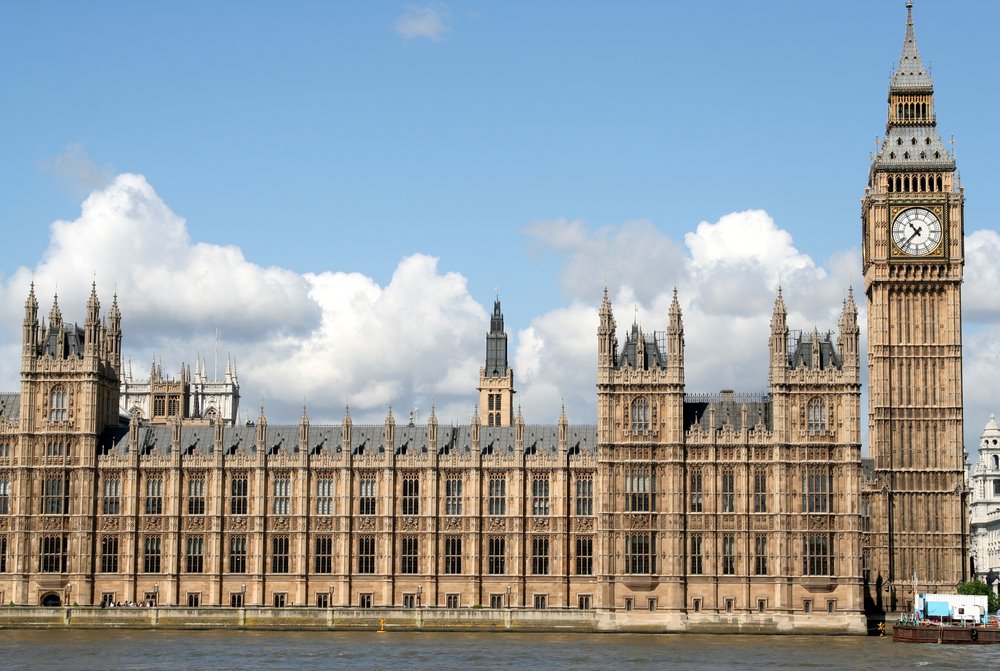The Enterprise Act received the Royal Assent on 4 May 2016. As we have explained in these pages, in our earlier commentary on this this legislation, it paves the way for significant changes to the system of appeals against business rates assessments in England. Welsh Ministers are granted similar powers under the Act but, at present at least, have shown no intention to implement any of these powers.
Section 31 of the new Act relates to disclosure of information held by the Valuation Office Agency (VOA). This section provides that the VOA may disclose “revenue and customs information” to “qualifying persons” for “qualifying purposes”. Revenue and customs information is defined as information governed by the Commissioners of Revenue and Customs Act 2005 and held by the VOA. This could include information about rents, trading figures, accounts, costs, or other information held by the VOA. Qualifying persons, for these purposes, are officials of billing authorities, precepting authorities and central government. Qualifying purposes are broadly defined as “functions connected with non-domestic rates”.
This section of the Act will allow the VOA to share a wide range of information in respect of ratepayers’ properties, and the valuation of those properties, with local authorities. This is no doubt driven by the fact that local authorities now retain 50% of new business rates income, and this figure will increase to 100% by 2020.There are powers in the Act that restrict the onward transmission of any of this information, but it is clear that ratepayers can expect to see local authorities taking much greater interest in their rating assessments, and now having access to information to much more information to enable them to do so.
Section 32 of the Act deals with proposals to alter the rating list and amends the existing arrangements in Section 55 of the Local Government Finance Act 1988. The new section allows the Minister to make provision for:
- Steps that must be taken before a person may make a proposal for alteration of a non-domestic rating list, including checking accuracy and completeness of information held by the VOA
- Restricting the circumstances in which those steps may be taken and the timing of those steps
- Valuation Officers to impose penalties on persons who knowingly, recklessly or carelessly provide false information
The penalties for providing false information are limited to a maximum of £500 and must be paid by the Valuation Officer into the Consolidated Fund. They are recoverable by the VO as a civil debt and are subject to a right of appeal to the Valuation Tribunal.
This section also allows regulations relating to proposals to include provisions about:
- The grounds on which proposals may be made
- Matters which may not be taken into account by the Valuation Tribunal as part of an appeal
- Circumstances in which new evidence may be permitted as part of an appeal
- Payment of fees by ratepayers in relation to appeals and circumstances in which fees may be refunded
All these powers are designed to allow the introduction of the new process of “Check, Challenge, Appeal”, by way of regulations introduced under the powers granted in the Enterprise Act. We have to wait to see the exact detail of the regulations before commenting fully, but the principles set out in this piece of legislation give cause for some concern.
It is hard to understand why the VOA is allowed to share revenue and customs information with billing authorities, but not with the taxpayer. Surely including the taxpayer in that sharing of information could save a great deal of time and effort for everybody?
Why is in necessary to introduce a new requirement for ratepayers to provide information to the VOA? The VOA already has powers under Schedule 9 of the Local Government Finance Act 1988 to require the supply of information, and to impose penalties for failing to do so or for supplying false information.
The proposal to limit what evidence may be considered by the Valuation Tribunal as part of an appeals is a rather shocking one. Tribunals have a primary duty to duty to determine disputes correctly, and this must mean taking into account all relevant evidence. This power, if implemented, would also bring the rating appeals system into conflict with the role of witnesses at a Tribunal. Any expert witness has a duty to make the Tribunal aware of all relevant evidence; a requirement that seems in conflict with the new legislation.
It will only be possible to assess the proposed new system properly once we have seen the detailed regulations, but the principles set out in the Enterprise Act 2016 seem unlikely to improve the transparency of the business rates appeals system or to promote a feeling amongst ratepayers that they are being treated fairly.

